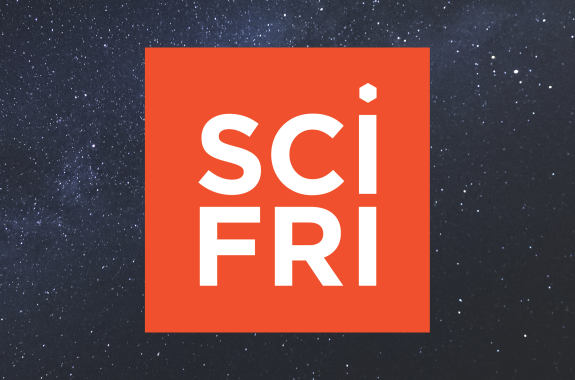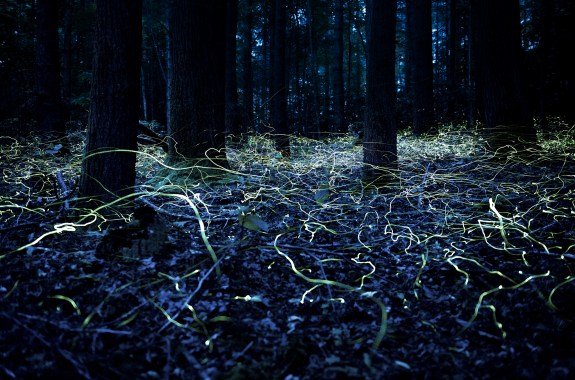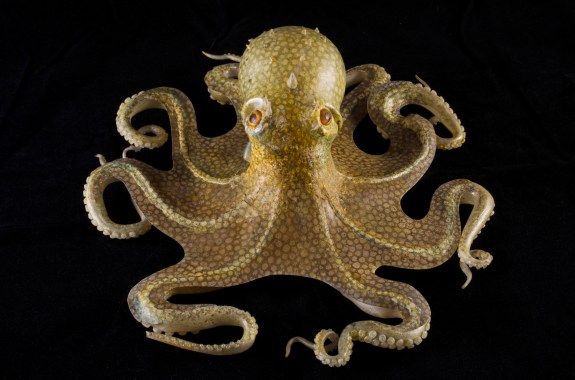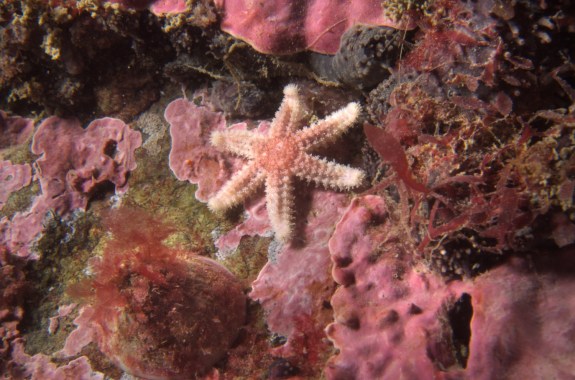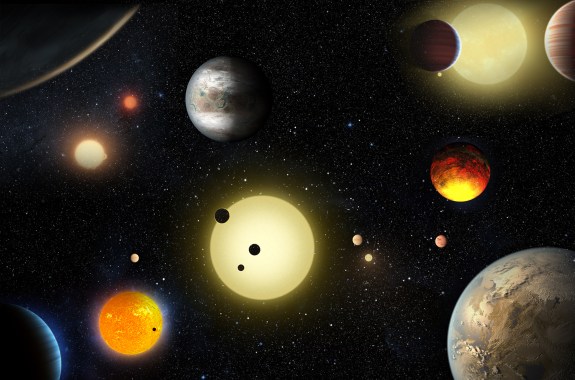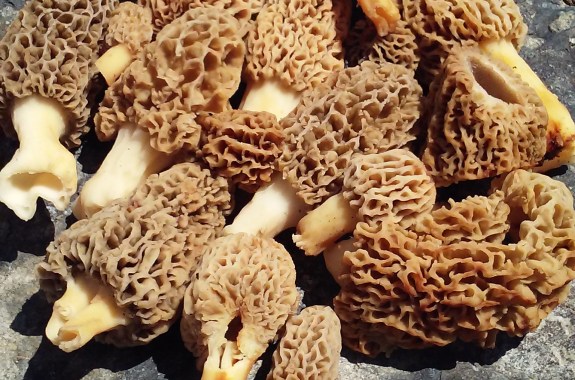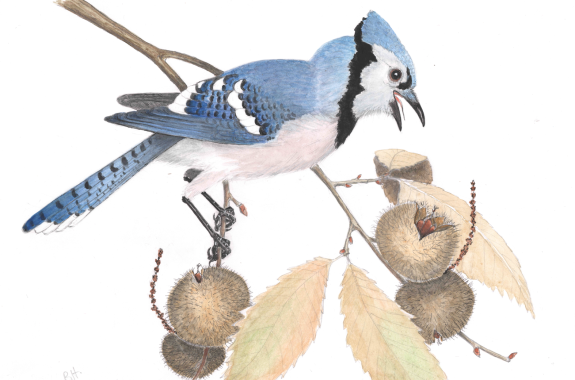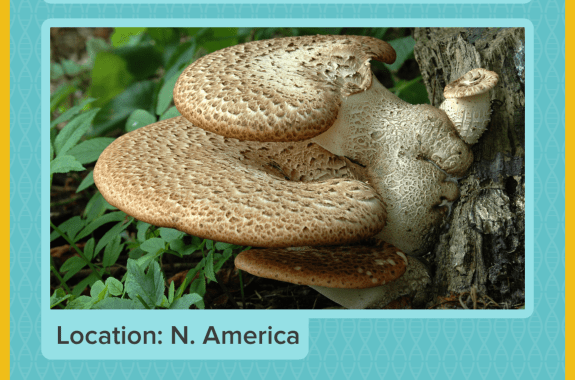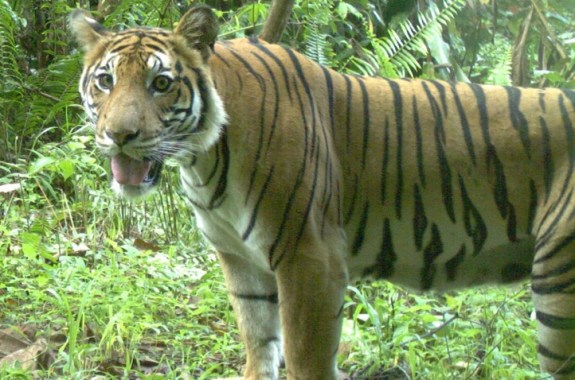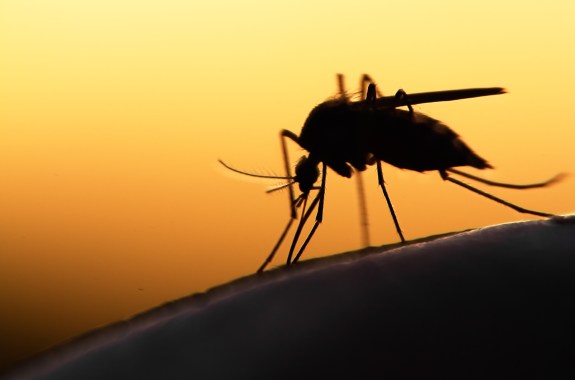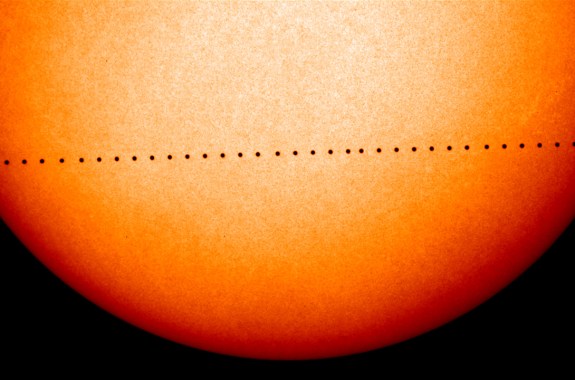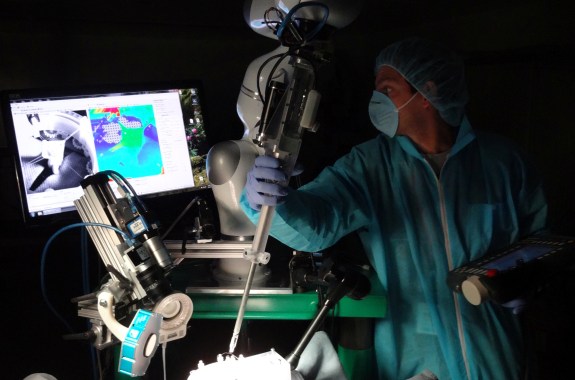On Today's Podcast
The Art And Science Of Staving Off Cognitive Decline
A new comedic play and a 20-year neurology study explore what we can do to prevent dementia and cognitive decline.
Listen NowFebruary 27, 2026
A new simulation shows large amounts of hydrogen in our planet’s core. Scientists report on what they found in 290-million-year-old vomit. Plus, a comedic play and a 20-year neurology study explore what we can do to prevent dementia and cognitive decline. And, a federal law aims to close the legal loophole that lets stores sell THC products from hemp.
The Eerie Glow Of Blue Ghost Fireflies
From afar, these fireflies glow blue-white instead of flashing yellow-green.
A Tale Of Two Glassworkers And Their Marine Marvels
Leopold and Rudolf Blaschka are perhaps best known for crafting a collection of glass flowers for Harvard. But together they made their mark fashioning thousands of marine invertebrate models.
11:54
Wireless 5G Data, Earth’s Magnetic Bubble, and a Sea Star Mystery
Engineers are competing to build faster wireless data speeds to accommodate streaming video and virtual reality.
11:39
A Bounty of Planets in a Tiny Patch of Space
This week NASA Kepler mission scientists confirmed a record haul of exoplanets: 1,284.
13:32
Mushrooms: On the Hunt for Edibles
A foray into the delicious world of mushroom hunting.
16:54
To Answer Questions About Your World, You Took a Sample
The Science Club meets to review responses to its #TakeASample challenge.
17:24
Finding Ramanujan
Within less than a decade, an impoverished Indian clerk upended mathematics with strange and beautiful equations.
20:24
The Birds and the Bees
Celebrating spring science and the wonders of observation.
Good Mushroom, Bad Mushroom: Fun(gus) Trading Cards
Learn about mushrooms, and trade your favorites with your friends!
Twitter Polling and Sample Bias: A Case Study
As part of our #TakeASample Science Club, Science Friday asked its Twitter audience a few simple survey questions, and they answered by the thousands. But do the data mean anything?
Stopping a Speeding Bullet…With Foam
Researchers have developed a foam capable of shattering bullets on impact.
The Week-After SciFri Quiz! 5/11/16
How much do you know about the history of GPS?
How Electronic Ink Was Invented
The screen technology used in e-readers like the Amazon Kindle was conceived by undergraduates at MIT.
11:48
Bacteria Vs. (Zika) Virus, New Earth-Like Planets, and What Went Wrong With Theranos?
A new possible method for fighting Zika, plus a cautionary tale for biotech start-ups everywhere.
23:03
Recalculating the Global Influence of GPS
Has your GPS ever gotten you in trouble? It’s so common in National Parks that rangers in Death Valley call it “death by GPS.”
12:04
Preparing for a Stellar Show
Dean Regas shares tips for viewing the upcoming transit of Mercury, and other sights in the spring skies.
17:07
Shedding Pounds, Then Keeping Them Off
What “The Biggest Loser” can teach us about how the body loses and maintains weight.
10:39
Would You Trust a Robot to Perform Your Surgery?
Researchers have now developed a robot that can perform sutures and other delicate operations completely autonomously.
